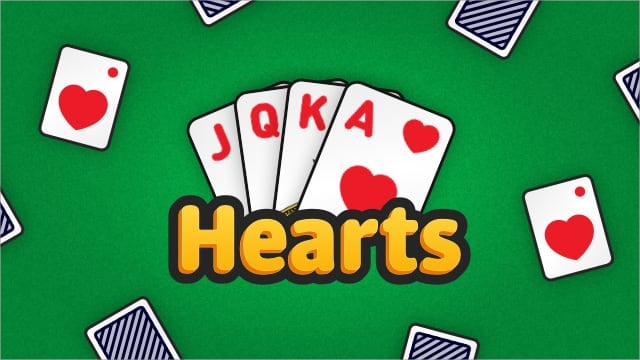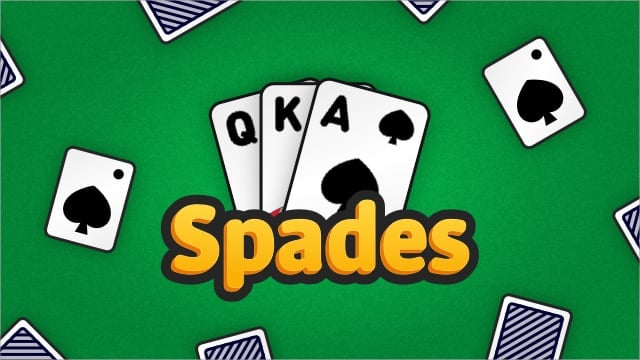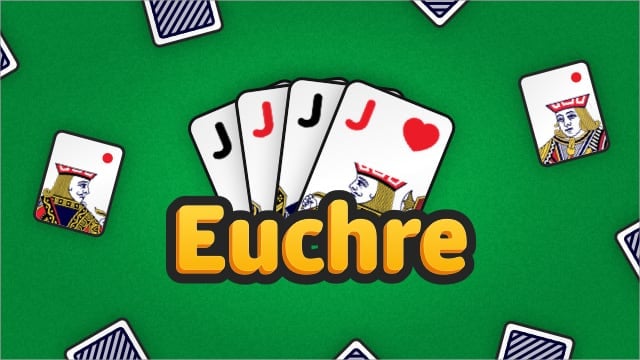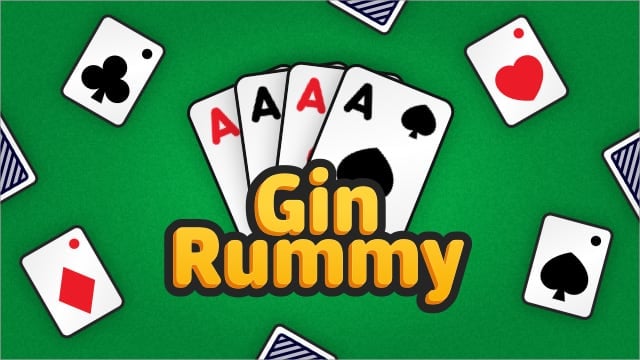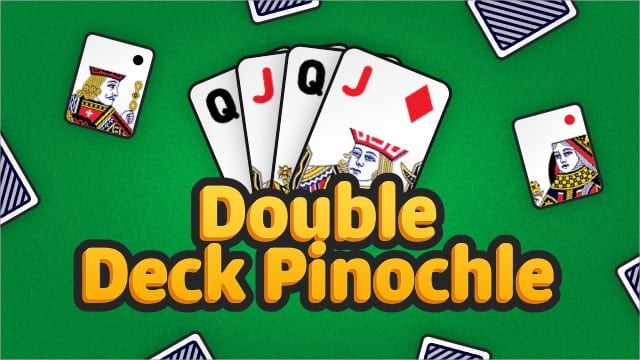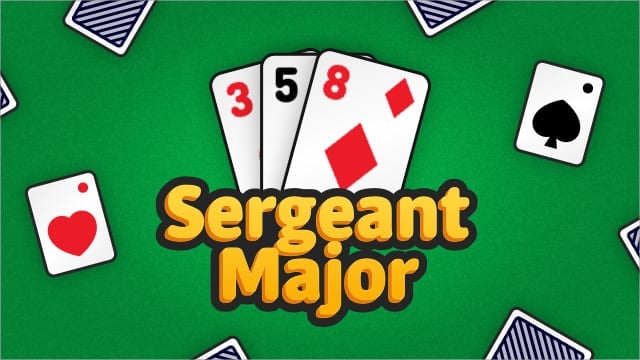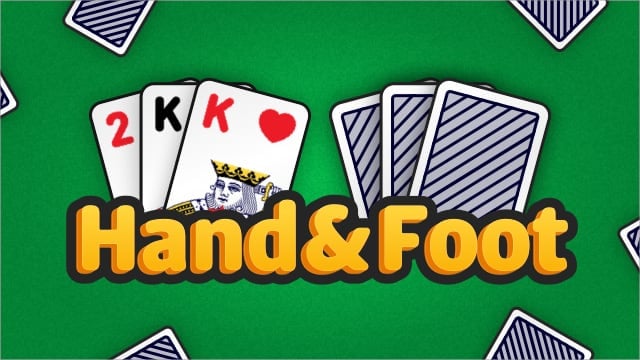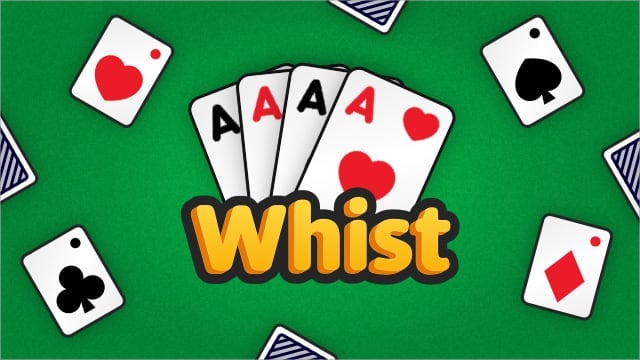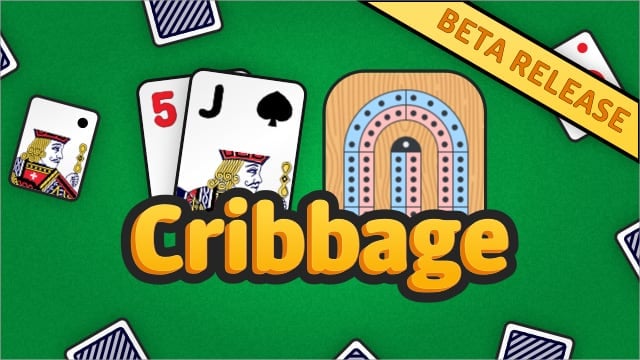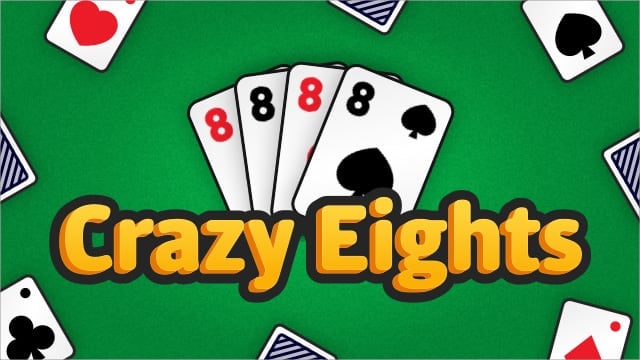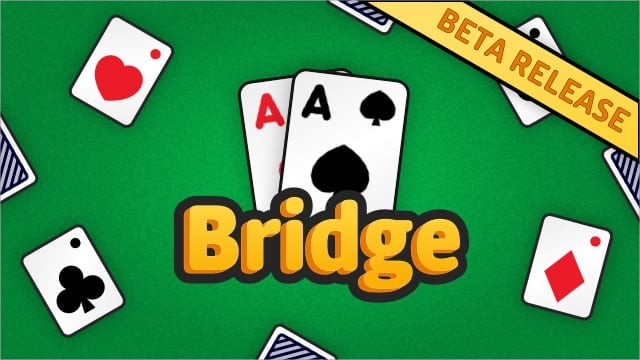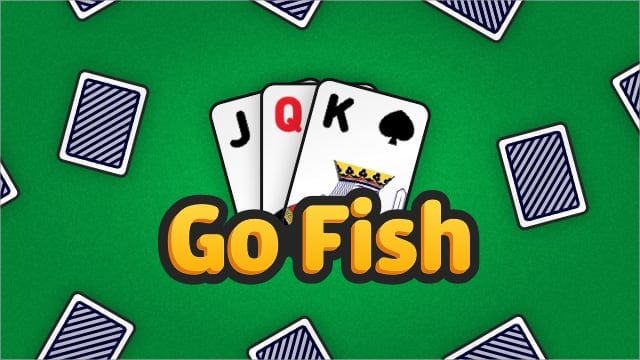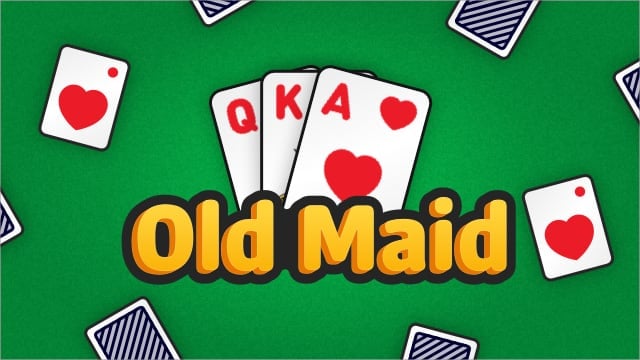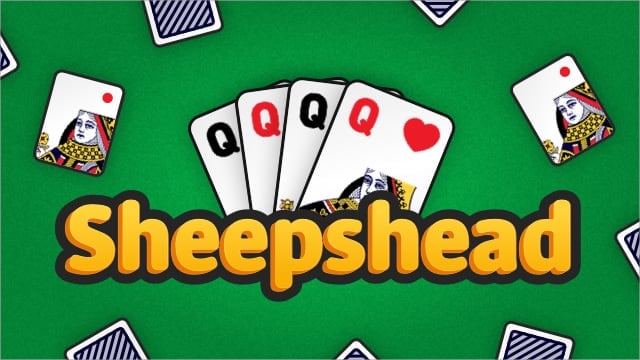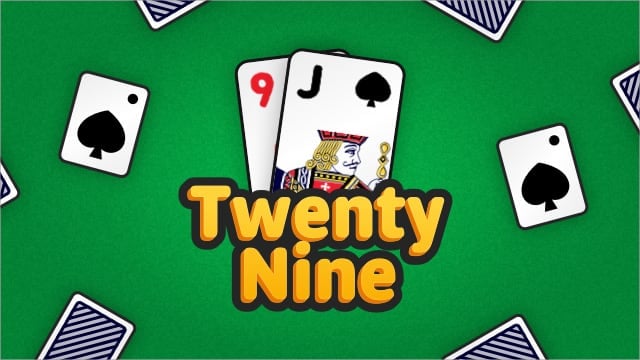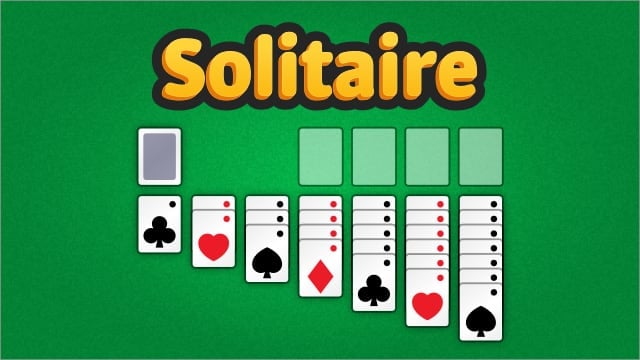How to Play Double Deck Pinochle: Card Game Rules & Interactive Tutorial
Double deck Pinochle is a 4 player card game. There are two teams of two players, with partners sitting across from each other. If you want the single-deck version, try Pinochle. Points are scored in two ways: via "melding" and "trick-taking".
After cards are dealt, players combine their cards into particular patterns - called "meld" - to earn points. All players display their meld, and points are recorded.
Next, each person plays a card into a "trick". The highest-ranking card wins the trick for the person who played it.
Learn the game's complete rules by reading them below or through our interactive tutorial above. Whichever way you choose, you should be well-suited to playing the game and the end of it.
Once you've caught up with the rules, you can play Double Deck Pinochle Online on World of Card Games, where you can choose between playing against bots or multiplayer with people online or your friends.
Once you feel more comfortable with the game, you should take a look at our Double Deck Pinochle strategy and tips.
So without further ado, let's shuffle those decks, embrace the thrill of Double Deck Pinochle, and embark on a journey that'll leave your opponents in awe of your card-wielding prowess!
Rank of cards
The Ace card has the highest rank, meaning it is the most powerful card. The next highest is the 10, followed by King, Queen, and Jack (lowest). Cards in the "trump" suit outrank all other cards.
The only cards in a trick that score points are the Ace, 10, and King. Each is worth 1 point.
Objective
The objective is to be the first team to reach 500 points.
Deal
A random player is chosen to be the dealer.
Each player is dealt a hand of 20 cards from a deck of cards containing four A, 10, K, Q, J cards of each suit (a total of 80 cards).
Bid
Starting with the player to the dealer's left and proceeding clockwise around the table, each player places a bid. The player who wins the bid gets to choose the trump suit, which can help to win their team meld points and trick points. This makes choosing trump valuable!
However, there are costs to winning the bid. First, you can only choose a trump suit if you have a "marriage" (King and Queen) in that suit. So make sure that you have a marriage when deciding what to bid. Second, in placing a bid, you assert that your team will win at least the number of points bid. For example, if you bid 65, then you pledge that your team will win 65 points. If your team fails to do this, then you lose the number of points bid!
Players may choose to pass instead of bidding. If not passing, they must bid at least 50.
Each player must bid higher than the previous bid made or pass. Each player may bid more than once as long as they continue to bid higher than the previous bid.
Bidding continues until 3 consecutive players pass. If no one has placed a bid, the dealer is forced to bid 50. Otherwise, the player with the highest bid wins the bidding war.
Note that if the dealer is forced to bid 50, but has no marriages at all, then their team will lose 50 points automatically.
Choosing Trump
The player who bid highest now chooses the "trump suit." Cards with the trump suit outrank cards of all other suits.
Choices for trump suit are restricted to suits in which you have a "marriage". If you are choosing trump, but have no marriages at all, your team forfeits and your bid is subtracted from your score!
Showing Meld
After the trump suit is chosen, players show any "meld" in their hands. A "meld" is a group of cards in a specific pattern. For example, the Jack of Diamonds and Queen of Spades form a "pinochle" meld, which is worth 4 points. Two pinochle melds in your hand are worth 30 points.
During the meld phase, the total meld points for each team are computed. If a team does not have at least 20 meld points, they will not earn any meld points at all! Also, if the bidding team does not have 20 meld, they forfeit the hand, and their bid is subtracted from their score! Regardless, their opponents will earn their meld, provided it is worth at least 20 points.
Meld patterns are given in the following table:
| Type | Meld | 1 | 2 | 3 | 4 |
|---|---|---|---|---|---|
| Type I - Runs and Marriages | Run - A, 10, K, Q, J of trumps | 15 | 150 | 225 | 300 |
| Royal Marriage K, Q of trumps | 4 | 8 | 12 | 16 | |
| Marriage K, Q not trumps | 2 | 4 | 6 | 8 | |
| Type II - Pinochles | Pinochle - J Diamond ♦ & Q Spade ♠ | 4 | 30 | 60 | 90 |
| Type III - Arounds | Aces around - A in each suit | 10 | 100 | 150 | 200 |
| Kings around - K in each suit | 8 | 80 | 120 | 160 | |
| Queens around - Q in each suit | 6 | 60 | 90 | 120 | |
| Jacks around - J in each suit | 4 | 40 | 60 | 80 |
A specific card in your hand may belong to more than one meld of different meld types, but it cannot belong to more than one meld within a meld type. For example, if you have Kings around (K♦, K♠, K♥, K♣) and also a Q♣ card, the K♣ in your Kings around meld will be paired with the Q♣ in a Marriage meld. However, if you have a Run in Clubs (A♣, 10♣, K♣, Q♣, J♣), the King and Queen in that meld cannot count towards a Royal Marriage. You must have an extra King and Queen of that suit to make up a Royal Marriage meld.
Do not be too concerned about computing melds. Use the "Show Meld" button to show all melds in your hand that do not require a trump suit. The only melds that you will need to find on your own are Runs and Royal Marriages.
Play
The player who won the bid starts the trick by playing any card, the lead card, from their hand. Play continues in clockwise order.
When following with a card, you must play a card that outranks the highest-ranking card in the trick. This is called "crawling".
For example, if the trick started with a King of Diamonds, and you have an A♦, 10♦, and Q♦, then you cannot play the Queen; you must play either the Ace or the 10.
If you do not have any Diamonds, but do have a card in the trump suit, you must play a trump card. If there are any trump cards in the trick already, you must play a trump card that outranks that card, if possible. Otherwise, you must play some other trump card.
If you have no cards that outrank cards in the trick, you may play any card in your hand.
After all 4 players have played a card, the trick is taken by whoever played the highest-ranking card. Remember that trump cards outrank all other suits.
The trick-taker is awarded 1 point for each Ace, 10, or King in the trick. Other cards are not counted. For example, if there is 1 Jack in the pile, 2 Aces, and a Queen, then the trick-taker is awarded 2 points.
The trick winner starts the next trick.
The team which takes the last trick gets 2 bonus points, so the total of both teams' trick points always sums to 50.
Score
After each hand, scores are calculated for each team by adding up the teammate's meld points and trick-taking points.
Rule of 20
A team with less than 20 meld does not score any meld points.
If the bid winners' team does not have at least 20 meld points, their bid is subtracted from their score! In this case, their opponent will score meld points, but only if they have 20 meld points or more.
A team that does not take at least 20 points during the trick-taking portion of the game cannot take any points at all; even their meld points are not counted.
If the bid winners' team does not take at least 20 points during the trick-taking portion of the game, their bid is subtracted from their score!
If the bid-winner's opponents did not have 20 meld points, they might still score points during the trick-taking part of the game. They are only awarded trick points if they score 20 or more points from their tricks.
Game End
The first team to reach 500 points wins!
If both teams reach 500 points on the same hand, then the winner is the high-scoring team. If they are tied, the winner is the bidding team.
However, if the "bidder out" option was chosen, and both teams reach 500 on the same hand, then the bidding side wins, even if their score is lower than their opponents. For example, if the bidding side has 510 points and the other team has 540, then the bidding side still wins.
If both teams reach 500 points on the same hand, then the winner is the high-scoring team. If they are tied, the winner is the bidding team.
However, if the "bidder out" option was chosen, and both teams reach 500 on the same hand, then the bidding side wins, even if their score is lower than their opponents. For example, if the bidding side has 510 points and the other team has 540, then the bidding side still wins.
History
Double deck Pinochle is derived from Pinochle, which comes from a 19th-century French card game called Bezique.
